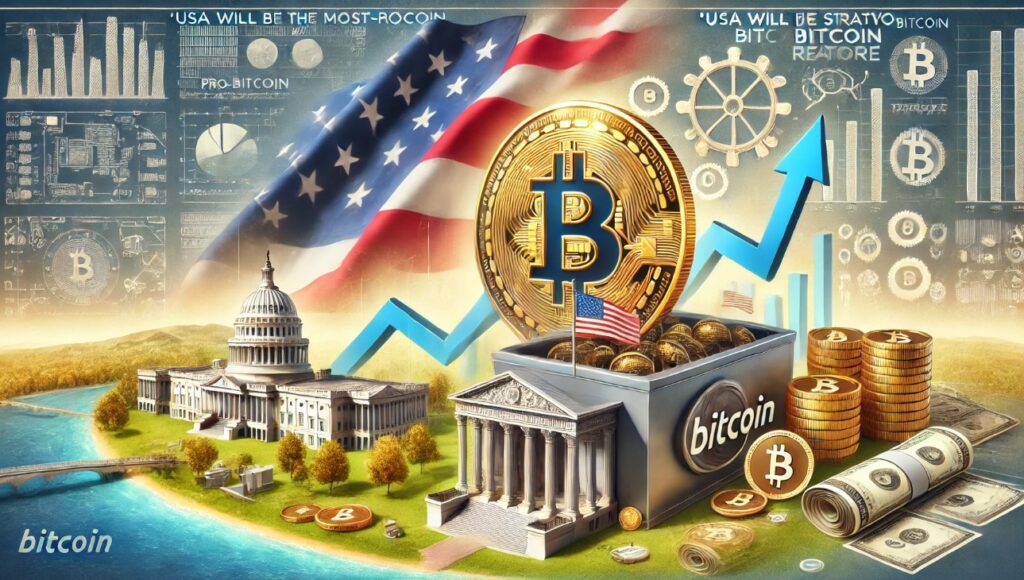In the ever-evolving landscape of finance, cryptocurrencies have emerged as a pivotal subject, captivating both seasoned investors and financial institutions. As digital currencies gain momentum, traditional banks are gradually adapting to this shift. Among them, JPMorgan Chase has made headlines by permitting its clients to engage directly with Bitcoin, a testament to the growing acceptance of cryptocurrencies. However, the path to this decision reflects a nuanced perspective, especially with CEO Jamie Dimon’s well-known critique of Bitcoin. Delve into this narrative to understand the dynamics at play in the intersection of traditional banking and digital assets.
JPMorgan Chase’s Crypto Venture: Embracing Bitcoin Amidst Skepticism
The Decision to Allow Bitcoin Purchases
In a significant movement towards integrating cryptocurrency with traditional banking, JPMorgan Chase revealed its choice to allow clients to purchase Bitcoin. This announcement, made during their annual investor day, marks a pivotal step for the firm, as it joins financial behemoths like Morgan Stanley in offering cryptocurrency-related services. While JPMorgan will facilitate these transactions, it opted not to provide custody services. This strategy underscores the firm’s cautious approach to engaging with digital currencies.
Dimon’s Dual Stance on Bitcoin
Despite the institutional pivot towards Bitcoin, Jamie Dimon remains a staunch critic. His apprehensions revolve around issues like money laundering and ownership ambiguities. Dimon has starkly expressed his views, associating Bitcoin with nefarious activities and reinforcing his analogy of defending rights while personally disapproving of certain behaviors. His commentary at events such as the World Economic Forum underscores a persistent skepticism that contrasts the bank’s evolving stance.
Exploring Expanded Crypto Offerings
JPMorgan’s exploration into crypto doesn’t stop at Bitcoin purchases. There’s speculation about the bank considering Bitcoin ETFs, providing clients with more direct investment avenues in the cryptocurrency market. Historically, Dimon’s critique has been relentless, famously labeling Bitcoin as “worthless” and primarily useful for illicit activities. However, the bank’s willingness to delve further into crypto-related products showcases a broader acceptance within the financial sector.
Regulatory Shifts and Market Implications
The decision by JPMorgan coincides with a shifting regulatory environment in the United States. Under the Trump administration, changes from bodies like the FDIC and OCC have eased previous restrictions, granting banks more leeway in handling digital assets. Although certain limitations remain from the Federal Reserve, such as those against specific crypto activities, the ability for banks to offer custody services marks a notable regulatory adjustment.
How has the regulatory environment impacted JPMorgan’s crypto strategy?
The changing regulatory landscape in the U.S. has facilitated a more accommodating environment for banks like JPMorgan to engage with cryptocurrencies. Eased restrictions allow banks to explore custody services and direct crypto investments, signaling a more flexible approach to digital asset management.
Why does Jamie Dimon remain skeptical of Bitcoin?
Jamie Dimon’s skepticism is rooted in concerns over Bitcoin’s association with illicit activities such as money laundering and the challenges in establishing ownership clarity. Despite JPMorgan’s embrace of Bitcoin, Dimon continues to voice his personal distrust of the cryptocurrency.
What potential does the integration of Bitcoin ETFs have for JPMorgan?
Offering Bitcoin ETFs could position JPMorgan as a competitive player in the burgeoning cryptocurrency market. This move would provide clients with more direct investment opportunities, catering to the increasing demand for digital assets within a traditional banking framework.
Is the current market performance of Bitcoin influencing JPMorgan’s decisions?
Bitcoin’s robust market performance, including its recovery and upward trajectory, likely influences JPMorgan’s strategic decisions. The growing mainstream adoption and potential for high returns make Bitcoin an attractive option for banks aiming to expand their financial services portfolio.

